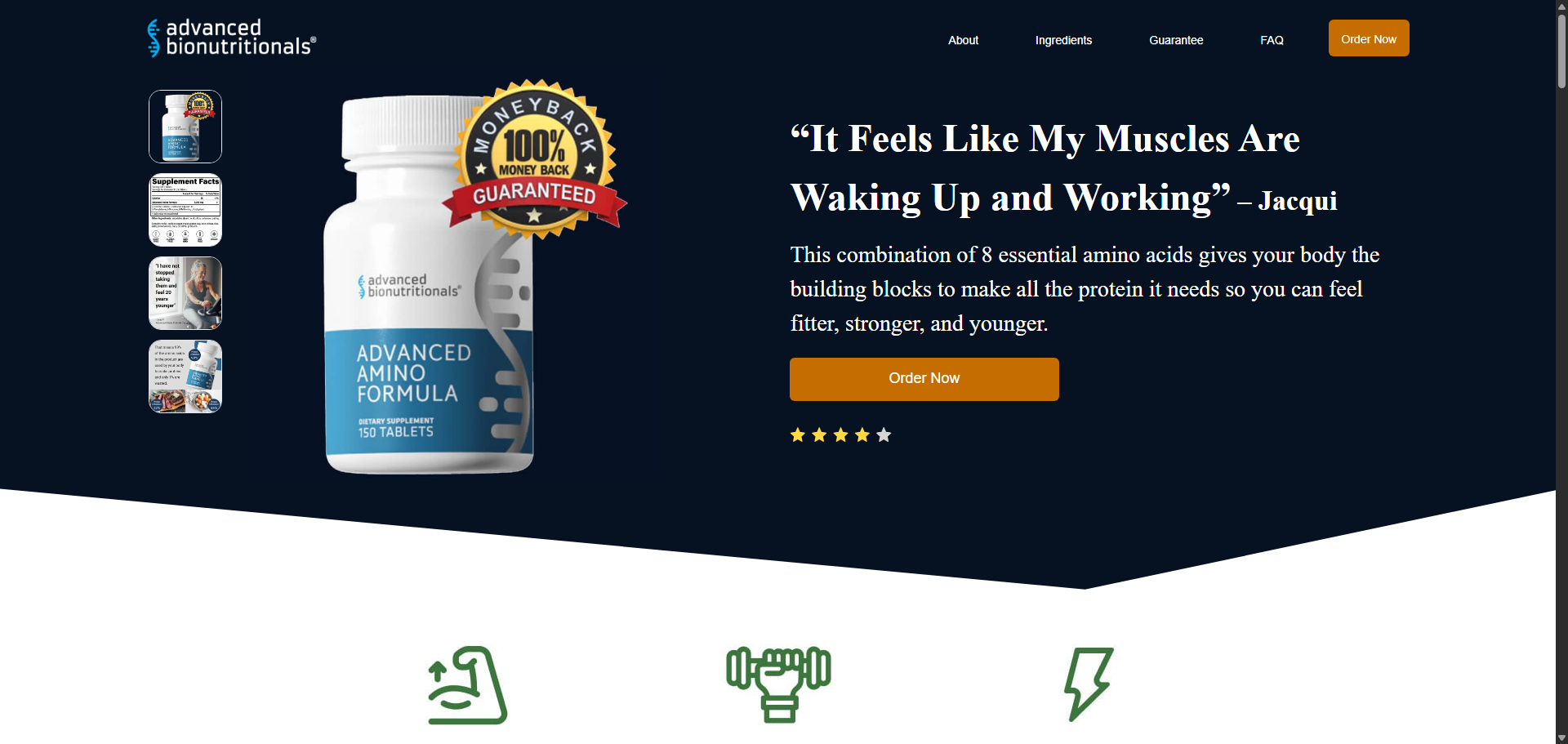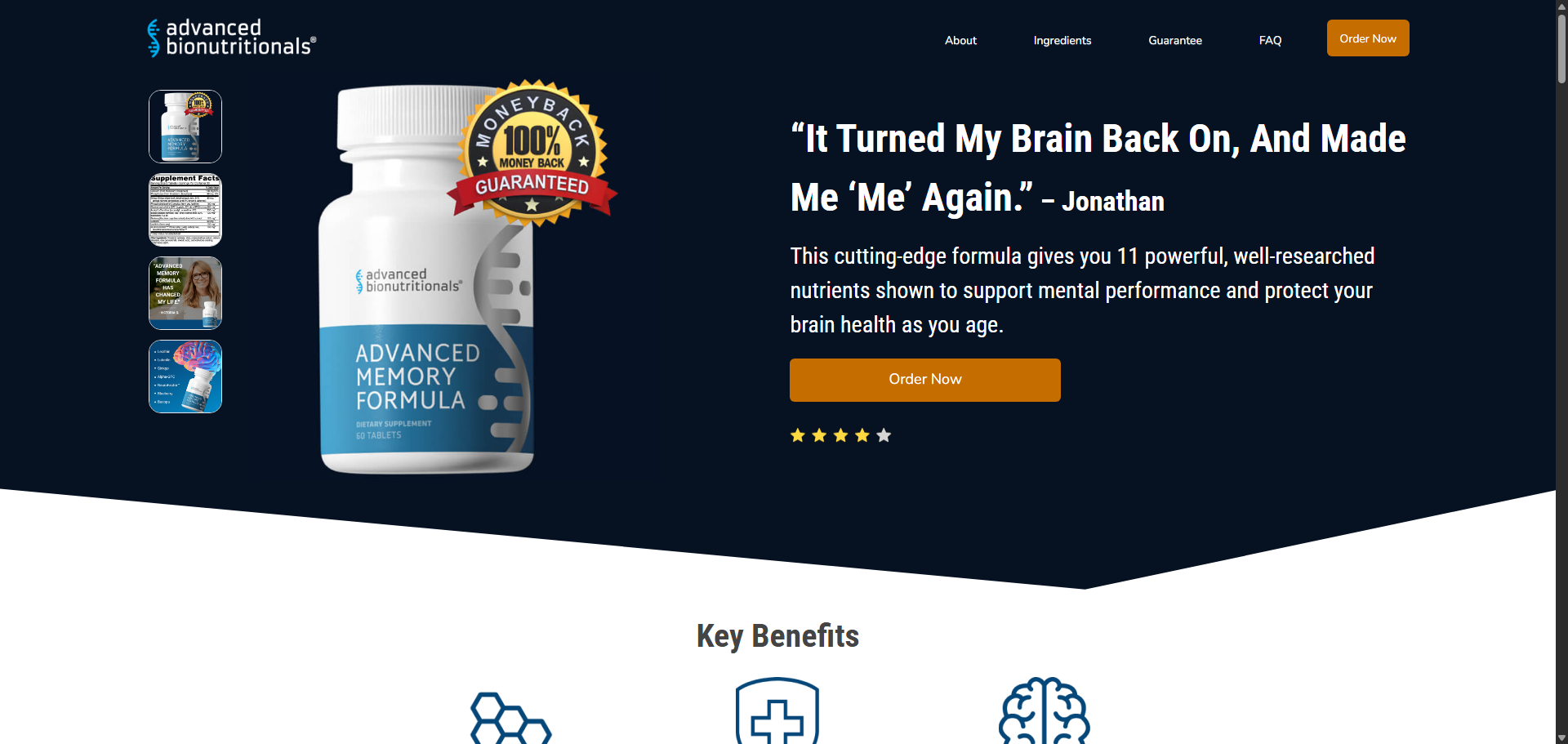Introduction
 It Feels Like My Muscles Are Waking Up and Working
It Feels Like My Muscles Are Waking Up and Working
There are many health myths that have been circulating for years, leading people to make choices that may not actually benefit their health. In this article, we will debunk the top 10 health myths to help you make informed decisions about your well-being.
Myth 1: Eating fat makes you fat
Contrary to popular belief, eating fat does not necessarily lead to weight gain. In fact, healthy fats are essential for various bodily functions and can actually help you feel full and satisfied, leading to better weight management.
Myth 2: You should detox to cleanse your body
Your body is capable of naturally detoxifying itself through organs like the liver and kidneys. Detox diets or products are often unnecessary and may even be harmful, as they can deprive your body of essential nutrients.
Myth 3: Carbs are bad for you
Carbohydrates are a key source of energy for your body, especially if you lead an active lifestyle. The key is to choose complex carbohydrates like whole grains, fruits, and vegetables, rather than sugary or processed carbs.
Myth 4: You need to drink 8 glasses of water a day
While staying hydrated is important, the “8×8 rule” – drinking eight 8-ounce glasses of water a day – is not based on scientific evidence. The amount of water you need can vary based on factors like age, weight, and activity level.
Myth 5: Crunches are the best way to get a flat stomach
While crunches can help strengthen your abdominal muscles, they are not the most effective way to achieve a flat stomach. A combination of cardio, strength training, and a healthy diet is key to reducing belly fat.
Myth 6: You can “boost” your immune system with supplements
While supplements like vitamin C and zinc can support your immune system, they cannot magically “boost” it. The best way to keep your immune system strong is to maintain a healthy lifestyle with a balanced diet, regular exercise, and adequate sleep.
Myth 7: You can’t exercise if you’re sick
While intense exercise may not be advisable when you’re sick, moderate physical activity can actually help boost your immune system and alleviate symptoms. Listen to your body and adjust your workout intensity accordingly.
Myth 8: Skipping meals is a good way to lose weight
Skipping meals can actually slow down your metabolism and lead to overeating later on. It’s important to eat regular, balanced meals to maintain steady energy levels and support healthy weight loss.
Myth 9: All calories are created equal
Not all calories are equal when it comes to nutrition and weight management. Foods with empty calories like sugary drinks and processed snacks can lead to weight gain, while nutrient-dense foods like fruits, vegetables, and whole grains are more beneficial for your health.
Myth 10: You can “catch up on sleep” on the weekends
While it may be tempting to stay up late and sleep in on weekends, inconsistent sleep patterns can disrupt your body’s internal clock and lead to sleep problems. Aim for a consistent sleep schedule of 7-9 hours each night for optimal health.
Conclusion
 It Turned My Brain Back On, And Made Me ‘Me’ Again.
It Turned My Brain Back On, And Made Me ‘Me’ Again.
By debunking these top 10 health myths, we hope to empower you to make more informed choices about your health and well-being. Remember to always seek advice from healthcare professionals and trusted sources when it comes to making lifestyle changes for better health.

